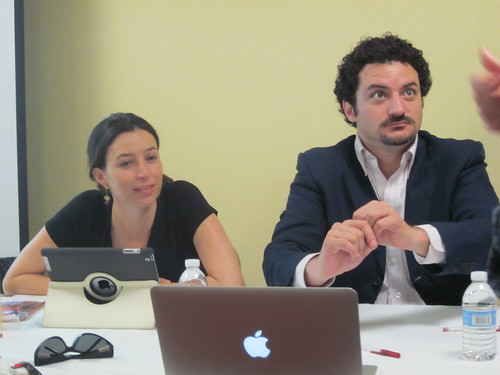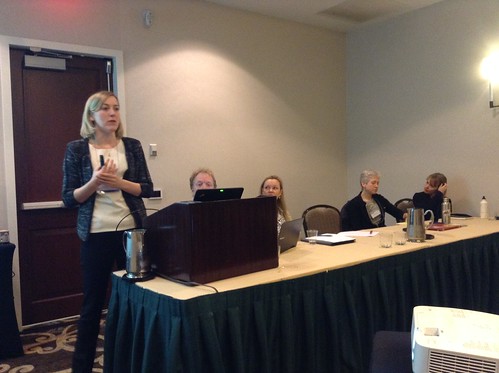A couple of weeks ago, Dr. Yara Asi asked me for some advice on how to assemble good conference panels. I was super crazy busy after being ill for 3 weeks and doing fieldwork in Madrid for 2, so I just came around to writing this post. Apologies for the delay. Here are 5 tips I use for assembling conference panels, myself.
1. Never be afraid to ask.
Some of the best panels I’ve created have been with very senior scholars. Even if you are a junior scholar, you can bet that if your panel is well-assembled, has a nice line up and you craft your approach email with kindness and respect, it’s very likely that they may say yes. Of course, if they have time and they can plan for funding to go to the conference!
2. Prioritize the underprivileged/early career scholars
Last year, at the International Studies Association (ISA) 2015 conference, I organized two panels with some of the brightest PhD students and post-doctoral researchers I could find who studied water. To me, organizing panels with graduate students always takes precedence. They are the ones who need the most exposure, so I am happy to promote their work.
3. Don’t build an all-male panel.
I think this is self-explanatory, but it’s 2016 and some of the people I respect a lot in my field are still assembling panels with only males (even worse – only middle-aged, white men!). If you need a resource on women who also do political science, you can go to this website.
4. Write the panel abstract so that it reads as a story
Your panel should be telling a story. It should explain coherently and succinctly why it’s important, why you’re bringing together the people you are including in the panel, and what people will learn as a result.
5. Build some slack into your panel and find alternates.
Sometimes, life happens. Funding doesn’t come through, or loved ones fall ill. So, build a list of panelists who you may not have been able to include in the panel originally as planned, but who might be able to join at the last minute. Inform the organizers as soon as a contingency happens.
Hopefully this advice will be helpful to you as you assemble your next panel!





One Response
Stay in touch with the conversation, subscribe to the RSS feed for comments on this post.
Continuing the Discussion